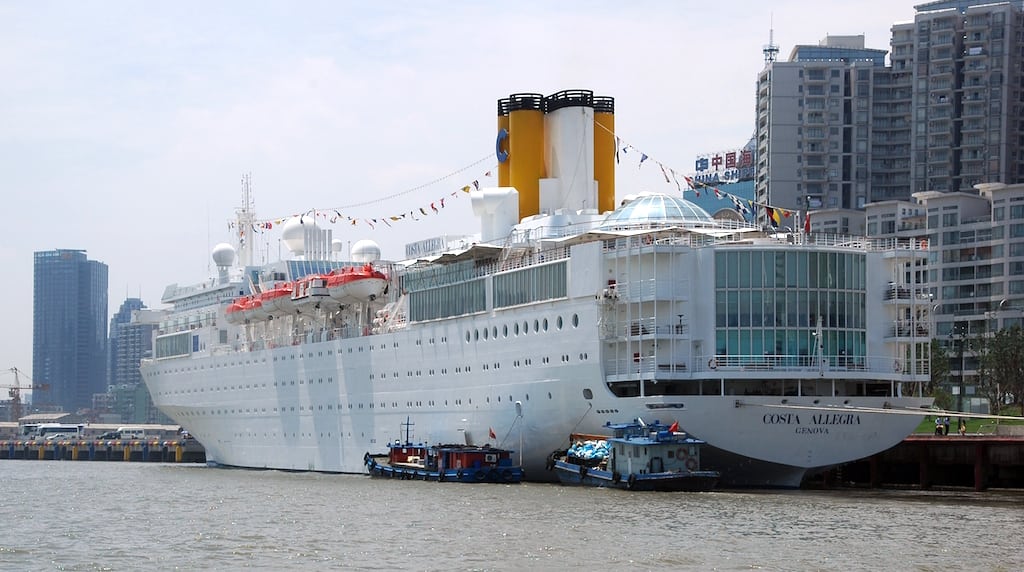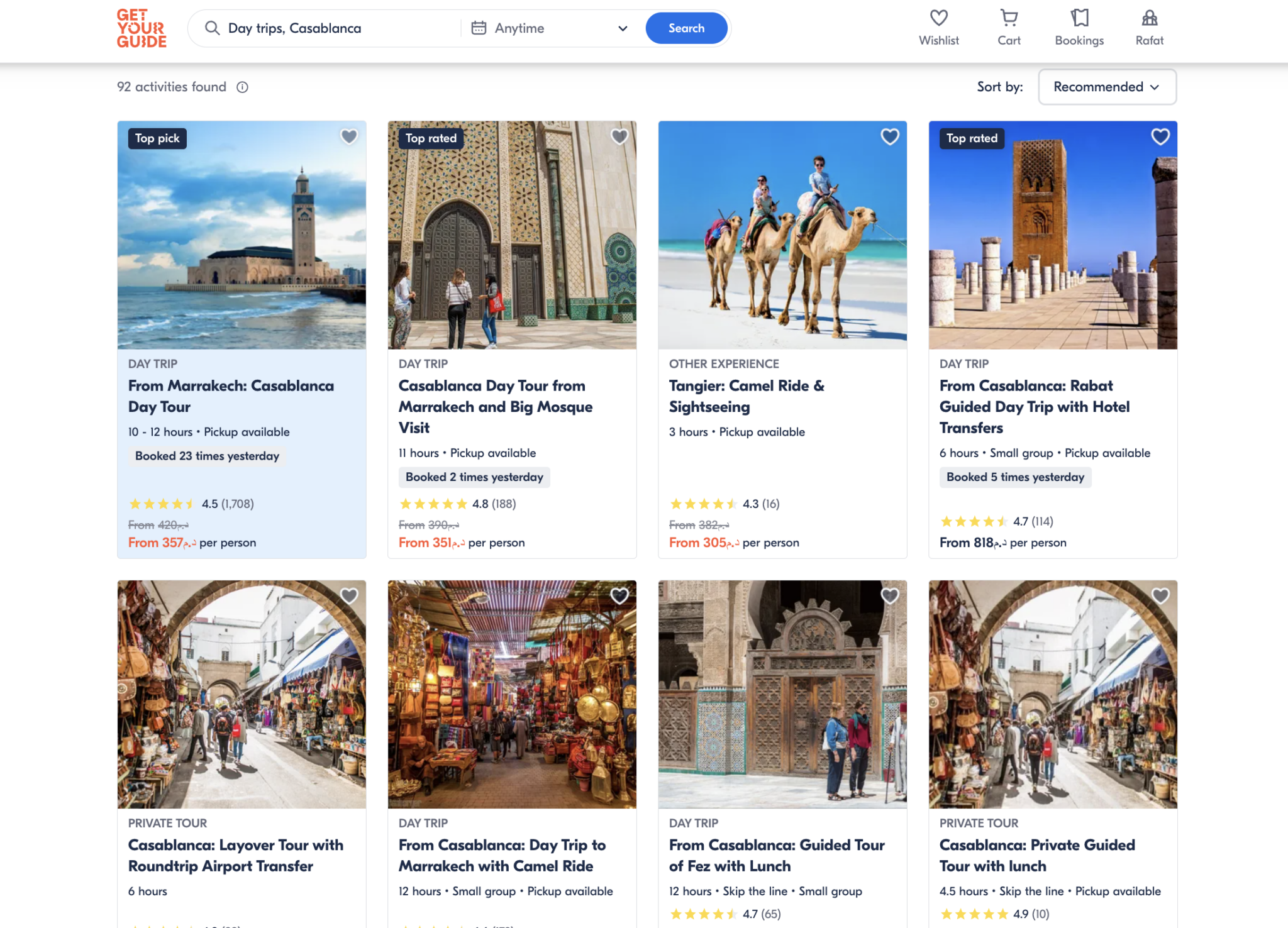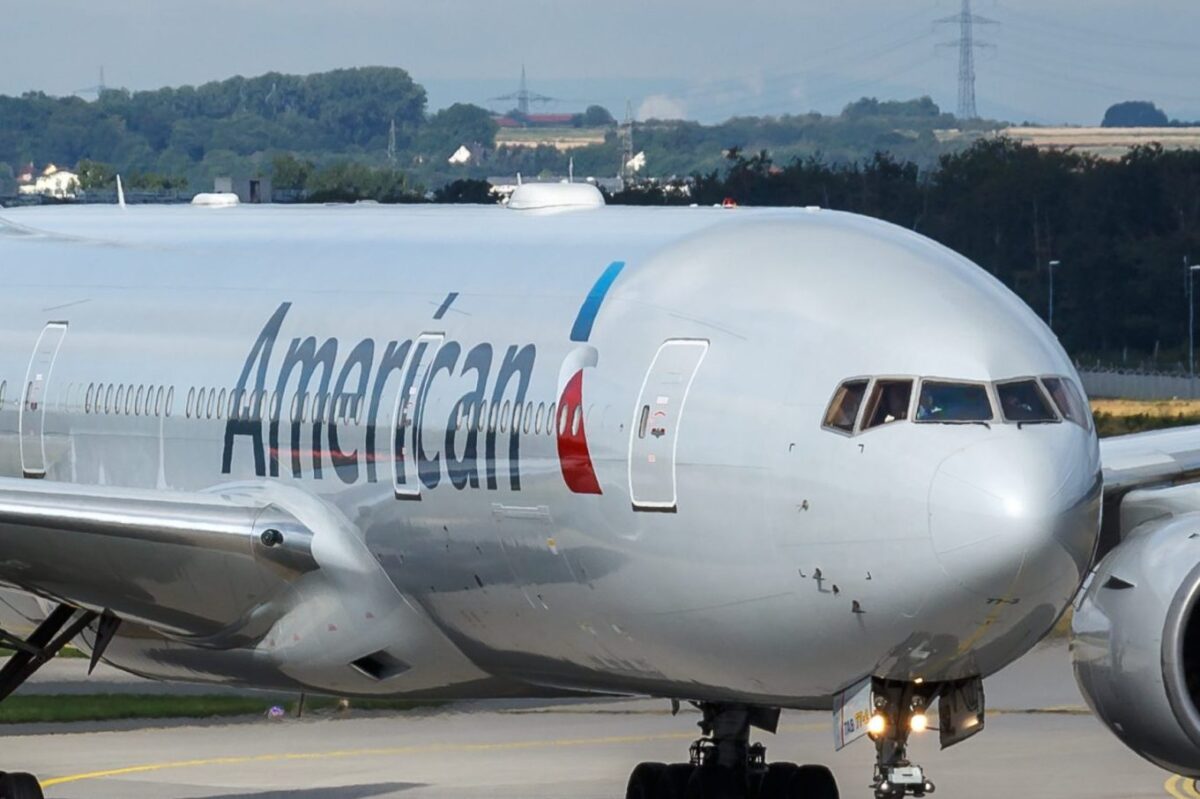Carnival Signals Caution as More Ships Sail from China

Skift Take
The cruise industry’s favorite new destination is experiencing some growing pains.
Carnival Corp. said it was “cautious” on its outlook for China — though still optimistic for the long term —during its fourth-quarter earnings call Friday.
In 2015, the cruise giant’s capacity in the country increased about 50 percent. Yields, or revenue generated per berth per day, declined “just a little bit” in the market, the company said. An outbreak of Middle East respiratory syndrome, or MERS, also took a toll on travel industries in the region.
With plans to increase capacity in China another 60 percent next year, Carnival expects yields to be down again — though still higher than the fleetwide average.
Industry-wide, capacity in Asia is expected to increase 33 percent in 2016.
“Philosophically, our intent is for strong pricing in China,” Carnival Corp. CEO Arnold Donald said during the call. “China is a place where we are profitable, we intend to be profitable. And if things started moving in a different direction, or prices plummeted too far, we would pace the growth or we would change destinations for ships. We don’t have any interest in creating a market in China that’s a big discount market.”
Even with the capacity increases, China will make up just 5 percent of Carnival’s business in 2016.
“It’s a small percent of our business,” said chief financial officer David Bernstein. “Over time, we do expect it to be very promising.”
Overall, Carnival Corp. reported higher profits for the fourth quarter and full fiscal year, though revenues dropped slightly due to the negative impact of currency exchange rates.
Carnival and other cruise companies have made big bets on China in recent years. In 2016, Carnival Corp. will increase its deployment in the country from four to six ships, all part of the Princess or Costa brands. AIDA and Carnival Cruise Line will also join the China-based fleet in 2017, and Carnival signed a joint venture earlier this year with the China State Shipbuilding Corporation and China Investment Corporation to launch a domestic cruise brand.
Royal Caribbean International will have five ships based in China next year, including two of its newest. Norwegian Cruise Line is sending a new ship to the market in 2017.
Donald said that with 100 million outbound tourists, China is clearly a demand generator for cruise lines. Almost 700,000 people from mainland China took a cruise in 2014, according to an industry report, leaving a huge untapped group of travelers. The catch is introducing potential passengers to cruising. Cruise ships are typically chartered in blocks or in full by travel agencies, which turn around and sell the rooms to travelers.
“The reality is that with us growing and other people growing, other people trying to come in, that’s a lot for the distribution system that exists there to absorb and connect to the latent demand,” Donald told Skift.
He said “very few” agents in China market to travelers.
“There can be gaps,” Donald said. “Even though the demand is there, they may not connect to it.”
The company is trying to reach consumers directly through advertising and public relations campaigns as well as help travel agents promote the product.
“We’re not interested in just being in China to be in China,” Donald said. “We want to be successful in China and we want our distribution partners to be successful as well.”




